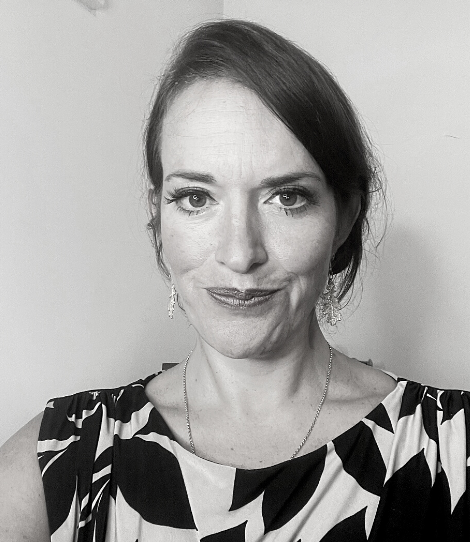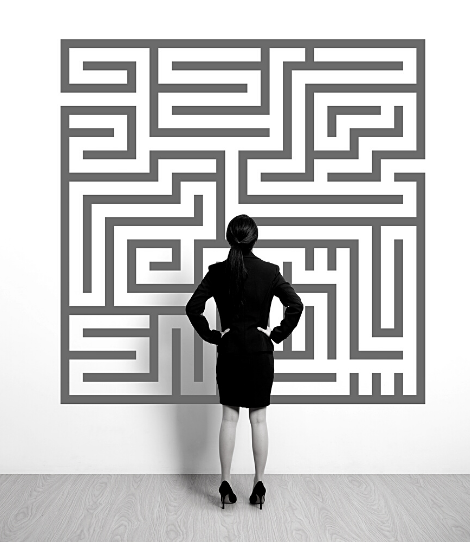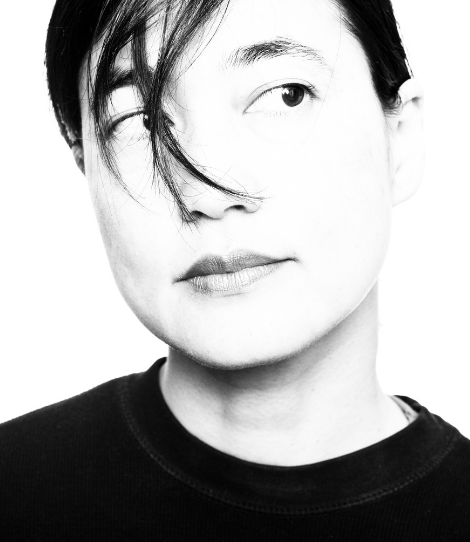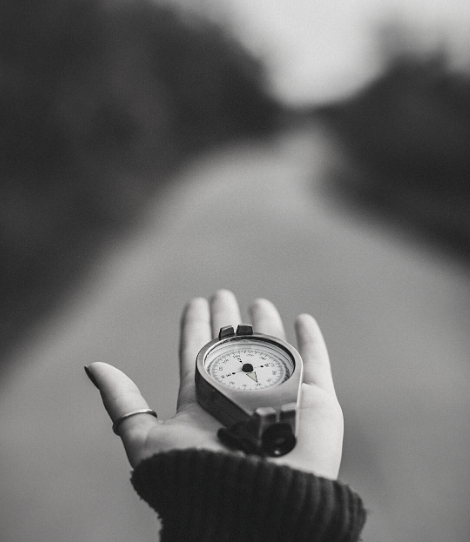 At the age of 42, Jamie Klingler suddenly became an activist. In less than a week, she co-organised #ReclaimTheseStreets after the murder of Sarah Everard, and in that time, the group has gripped global media, taken the Metropolitan Police to court and raised half a million pounds.
At the age of 42, Jamie Klingler suddenly became an activist. In less than a week, she co-organised #ReclaimTheseStreets after the murder of Sarah Everard, and in that time, the group has gripped global media, taken the Metropolitan Police to court and raised half a million pounds.
For years Klingler worked as the Photo Editor, Editorial Finance Manager and eventually Head of Publishing at ShortList Magazine before leaving to create her events agency Creative Influence Alliance three years ago. She’s organised before, but for the London Seafood Festival and National Burger Day, a world away from where she is now.
A longtime supporter of women’s rights
Jamie Klingler has always been a fierce supporter of women’s rights, just not on this scale. She’s strong-willed, an extrovert; she knows how to talk and talk well on the things she cares about. Her mother was always political. She remembers being a kid in pyjamas, rushing to throw on clothes and go to the victory party for a neighbourhood councillor who’d won an election. There are photos of her mother protesting racism with her brother in a stroller. News of injustice against women has always affected Klingler, but this news just landed differently. This one hurt more.
Sarah Everard and the effect of her murder
Sarah Everard’s body was found on March 10th, sparking widespread outrage. “I did Take Back the Night protests in Pennsylvania 20 years ago, and I’m still doing this now, nothing has changed, and that’s infuriating,” Klingler told BBC News on Saturday. Women still don’t feel safe on the streets. We still walk with keys poking through our fists, still pretend to be on the phone. As the Reclaim These Streets organisers have said, it may not be all men, but it is all women.
The planning — and cancellation — of a vigil
Needing a space to mourn collectively, Jamie Klingler and other organisers set out to plan a vigil. Initially aiming for Saturday, 13th March 2021, their plans were quickly dashed when the Metropolitan Police claimed the gathering was unlawful after having said otherwise only a day before. Organisers had taken all possible health risks into account — they were going to wear track and trace QR codes, masks, use fake candles, so there was no potential of a fire — but, still, they were made to concede and cancelled the event.
They took the vigil online and decided to raise the money that they would have been fined for women’s charities, a planned £320,000, which has now reached over £500,000. Of course, many still showed up in person, and their peaceful display of solidarity was shut down by police who accosted women in attendance and arrested four. The police’s behaviour was shocking to many, including Klingler, who was made to watch in disbelief from home.
Jamie Klingler: The Noon interview
Klingler spoke to Noon about why she became involved with the movement and how it feels to be silenced.
Your background is in events management. How did you end up doing this?
I tweeted something about every human having the right to walk home, which got 500,000 impressions and a couple of thousand likes. Four days later, once they had unfortunately found Sarah’s body, I wrote that I needed to be around other people. Let’s hold a vigil on Friday night. I was emailing my contact book about it, and a couple of people emailed me that there were already some women organising and that we should join forces.
Then I met with them virtually, and we all agreed that we wanted to do it respectfully, safely, and with full permission. Usually, if you’re talking about collaborating on something and one person wants anarchy, another wants to go by the rules, you’re never going to have something that makes everybody happy. But this was like health and safety on crack. It was going to be the safest, most organised thing that I’ve ever done.
You were just planning a peaceful vigil, is that right?
Yes, it was going to be a quiet, respectful moment of silence for Sarah and all the women that have lost their lives at the hands of men.
We were conscious of how fragile people were feeling. And so we were going to have First Aiders on hand, but we were also going to have Mental Health First Aiders. We were going to do a buddy system and have people walk you back to the tube or bus.
Then the rug got pulled from under us.
What happened with the Metropolitan Police?
On Thursday, the Met went from saying, We’ll find a way to police this and work with you safely to come up with a solution so that you guys can do this, to All permissions have been withdrawn. You can’t do it. It’s illegal.
In the space of three hours, we decided we needed to raise £30,000 to take them to court and say we have the right to protest. We raised the money in one hour.
If you told me a week ago now that I’d be in High Court suing the Metropolitan Police…it’s mental.
This must have taken up a lot of your time.
We were wasting time. We weren’t organising, and we weren’t getting our volunteers. I was scared of the meeting that night because, during all this, it felt like the focus was pulled. It felt like the focus was no longer on Sarah. It felt like it stopped being about women.
The core of it was that it was meant to be about violence against women. And we’d much rather raise the money that would be fined and give it to women’s organisations rather than have that money line the police’s pockets. We made the difficult decision to call it off.
So we did the online vigil. And it was good. It was meant to show us on camera not going to the thing that we had started. After that, I was supposed to go on the news at seven, and you can see pre-roll while they’re waiting to talk to you, and I was seeing women getting thrown around, and it was like, holy shit. What have they done here? You feel like you’re in an episode of The Thick of It or House of Cards where it keeps getting worse and worse.
If The Daily Mail is calling the Met police out, what world are we in, right?
Do you feel that you were silenced?
I’m really angry at the way they treated us. It just all smacked of smug ‘Shut these girls up. They’ll go away.’ Sorry, not gonna happen.
We’ve been silenced and every day, and I’m hard to silence. You picked the wrong women to mess with.
I keep saying I’m the accidental activist. People on Twitter have been brutal, saying that nobody just pops up and is that camera-trained. Well, I know how to do media. I’ve worked in PR, I’ve worked in publishing, but I’ve never done live interviews on the BBC; I did a 25-minute live interview on Skype. I thought it was going to be four minutes.
How has the positive response made you feel? It all seems so overwhelming.
It’s just been a whirlwind, being in the middle of it and not expecting to be in the middle of it. Yesterday I did the dishes for the first time in five days, I’ve done 19 hour days. It’s just non-stop. And it’s emotional because women are pouring out their stories of sexual abuse, and you don’t want to just like them.
Because I haven’t spent my life or career campaigning for women’s rights, I can see how it may look, but we stand on the shoulders of the millions of women behind us who have been fighting for their whole lives.
Reclaim These Streets has made it clear that you’re an organisation for all women and that diversity is really important. I wondered if you could talk a bit more about that?
This movement does not belong to us. This movement belongs to all women, especially those failed by men and the police most: black and brown, queer, disabled and trans women.
We have received incredible support over the past few days and criticism and feedback that we take incredibly seriously. We’re listening, we’re learning, and hopefully, our contribution to highlighting this crucial issue will be the better for it.
During the online vigil, you spoke about how you want this to be a turning point. How do you see things going forward? What kind of plans do you have?
We’re trying to capitalise on the momentum and the media attention to get our big policy asks to the government while the pressure is still on. Then we are talking about focussing on harassment as it affects all women and looking at somewhere like Nottingham that has misogyny a hate crime has excellent results. My whole life is going to be changed because of these five days.
— Interview by Circe Hughes
joy
View All
Picture: Getty Images
Find your purpose Part 1: Be the woman you want to be
Are you where you want to be in life? Sheila V tells how to find a courageous new path

Picture: Getty Images
Find your purpose Part 2: Your dark nights will lead to new dawns
How the dark night of the soul can help you find your path


